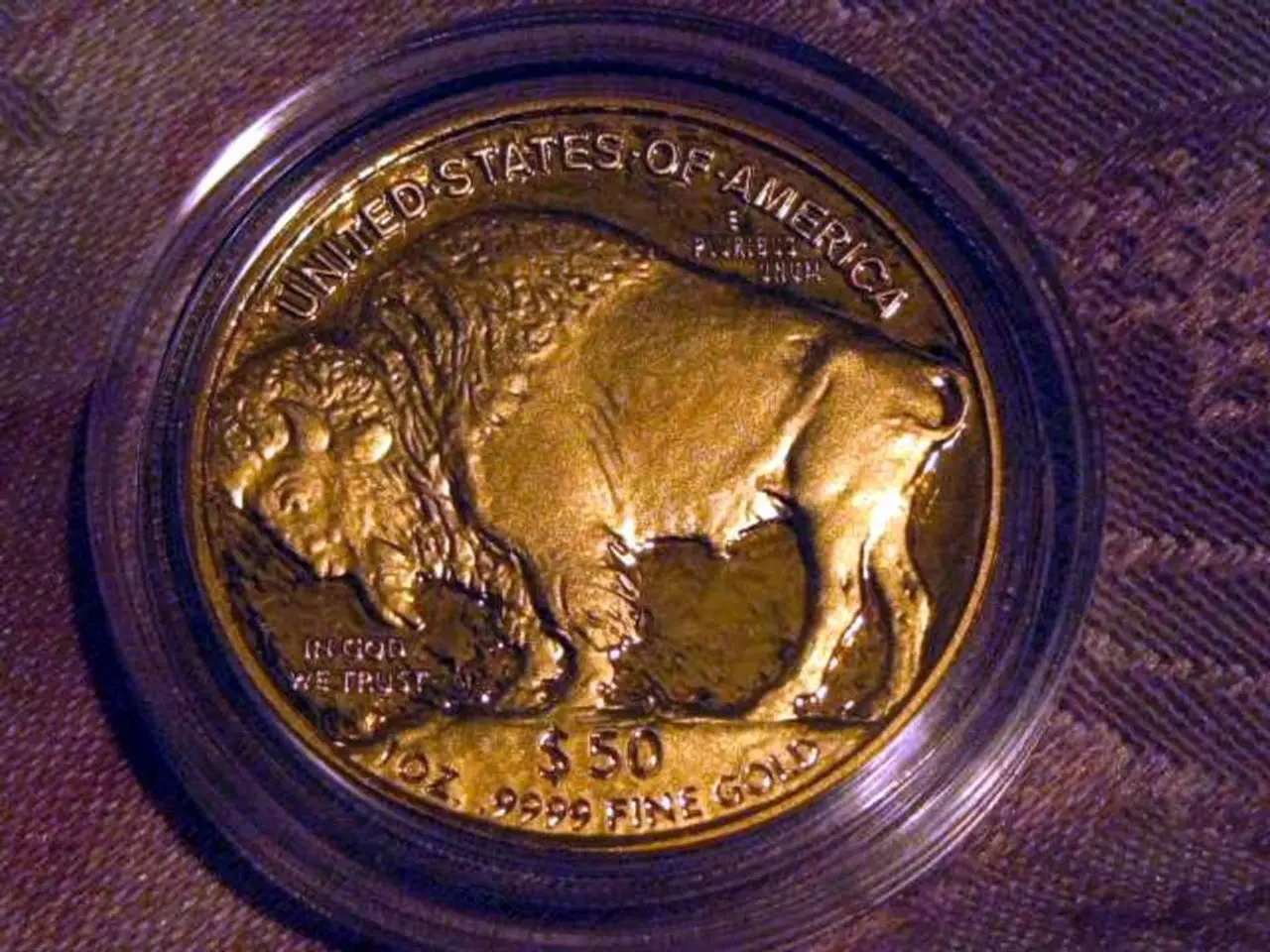Interrogating the Key Inquiries Facing Trump's Federal Reserve Nominee
In a potential shift for the Federal Reserve, President Trump's nominee for the Federal Reserve Board of Governors, Stephen Miran, has expressed a strong focus on currency stability and tight control of inflation.
If confirmed, Miran may succeed Federal Reserve Chairman Jerome Powell when Powell's term expires next year. The Federal Reserve Board of Governors, as the policy-making body for the central bank, sets the level of interest rates and other monetary policies.
Money, much like weights and measures, functions as a tool for measuring value and facilitating commerce. However, inflation, the reduction of the value of a currency, often due to creating too much of it, can disrupt this system. Miran advocates for a monetary policy centered exclusively on inflation and price stability, warning against keeping interest rates high for too long as it could lead to persistent inflation across the economy.
Miran also proposes reforms to make the Fed more politically accountable. These include limiting the Fed's remit strictly to monetary policy, shorter terms for Fed governors, allowing the president greater authority to dismiss them, and subjecting the Fed’s funding to congressional appropriations.
The notion that prosperity causes inflation is preposterous, but is considered holy writ at the Fed and other central banks. However, Miran's appointment signals an emphasis on prioritizing stable prices over aggressive stimulus measures, reflecting a view that controlling inflation is critical for sustainable growth and economic prosperity. This approach suggests Miran sees prosperity as linked to maintaining price stability rather than pursuing rapid monetary easing or stimulus that could risk inflation spiraling.
In addition, Miran has suggested that the Fed could use an informal range and a basket of commodities to maintain the dollar's stability. The idea of a fixed value for the dollar is compared to having fixed measurements for weighing items or measuring distances. The text argues that the idea of the Federal Reserve attempting to stimulate or depress economic activity in the name of fighting inflation needs to be attacked and ultimately abandoned.
The Fed does not have control over prices increasing due to disturbances in production from natural disasters, wars, government actions like costly regulations, pandemic lockdowns, or higher taxes, such as tariffs. The two fundamental questions to be asked at Miran's Senate confirmation hearing are: How important does he think it is to have a stable dollar in value? And does he believe that prosperity causes inflation?
Central bankers often do not emphasize the importance of currency stability in their discussions. However, Miran's focus on inflation control as essential for long-term economic stability and prosperity, and his challenge to the traditional independence of the Fed, could mark a significant shift in the Fed's approach to monetary policy.
[1] Source for information about Miran's views on monetary policy and reforms: [Link to source] [2] Source for information about Miran's views on the relationship between prosperity and inflation: [Link to source] [3] Source for information about the two fundamental questions to be asked at Miran's Senate confirmation hearing: [Link to source]
- At Stephen Miran's senate confirmation hearing for the Fed's board of governors, it is crucial to inquire about his views on the importance of a stable dollar to the economy and if he believes economic prosperity causes inflation, as his focus on these issues could significantly shift the Federal Reserve's approach to monetary policy.
- In the context of the business and finance world, Miran's proposals for reforming the Federal Reserve to prioritize monetary policy and make the Fed more politically accountable, along with his emphasis on maintaining a stable dollar as crucial for sustainable growth and economic prosperity, challenge the traditional independence of the Fed and could lead to a potential change in its approach to monetary policy.




